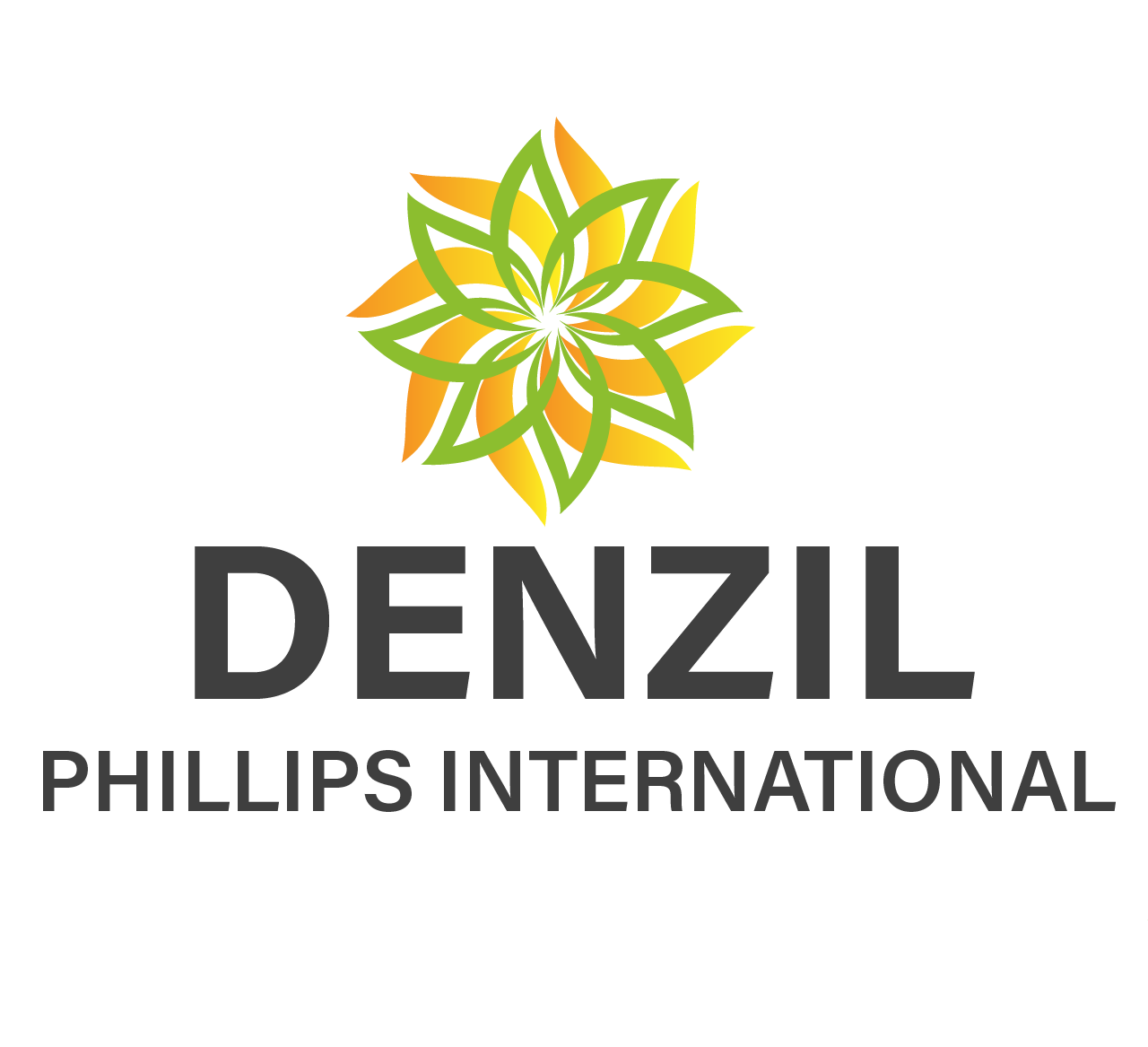European organics booming
Organic agriculture as the term is defined is practised for more than 70 years. Austrian philosopher Rudolf Steiner conceived of the concept in 1924, stressing that agricultural productivity could be achieved by working with the forces of nature. Similar developments took place in other parts of the world. People were convinced that man depends on nature and thus has to preserve nature.
The 1970s saw the real take off in the development of organic agriculture. New associations established themselves backed by standards and symbol schemes. In 1972 the International Federation of Organic Agriculture Movements (IFOAM) was founded as a non-profit federation, representing organisations involved in production, certification, research, education and promotion of organic agriculture. IFOAM developed the basic standards of organic agriculture in order to have a common understanding of the term world-wide. Simultaneously the organic market started at the beginning of the seventies.
Products were certified by the various organic farmers associations. Outlets were mainly natural food-shops. An immense expansion took place since then in terms of:
area under organic production
trade in organic products
manufactured products with organic ingredients
retail sector promoting organic sales
The figure above shows the development of organic agriculture in western Europe. Some European countries are supporting organic agriculture by giving subsidies for Ministers of agriculture and permanent secretaries of the Nordic countries (Denmark, Finland, Iceland, Norway and Sweden) gave a common statement during the BioFach 1998 that they will promote organic agriculture and will collaborate in this concern in future. After the occurrence of BSE in Germany, the German government is highly supporting organic agriculture. The case is very similar in Switzerland and Austria. agriculture has gained importance in modern societies.
Organic agriculture is taught at all agricultural universities in Germany. The University of Kassel, section agriculture is exclusively dealing with organic agriculture. Research and education in organic agriculture has also a rank in neighbouring countries. For further information on organic agriculture and certification contact http://www.bioherb.de.

